
The second Neo Community Assembly recently took place in Hong Kong, where more than 30 people from the global developer, researcher, and creator community came together to plan the future of the Smart Economy. The event occurred on Oct. 29 and 30 at Le Méridien Hotel at Cyberport, Hong Kong’s government-founded digital technology flagship and incubator business park.
Representatives from several developer and contributor communities were on hand to participate in two days of intense discussions. They included the Neo Foundation, Neo Global Development, R3E Network, Neo Research, Neo SPCC, Flamingo Finance, Red4Sec, NEXT, Neo News Today, COZ, NEXT, and AxLabs.
The two-day event was structured around presentations designed to spur conversations amongst Neo’s global builders. Discussion topics were oriented toward varying levels of technical depth, including new EVM-enabled features, dApp and product development, interoperability solutions, and core Neo architecture.
New features and EVM
The NeoEVM sidechain is currently in DevNet and was utilized by many participants in the recent Neo APAC Hackathon. Before the NCA, Neo co-founder Da Hongfei delivered a keynote speech at the APAC Hackathon grand finale, highlighting the goals and future developments of the forthcoming sidechain. However, he elaborated to those attending the NCA on Neo’s vision for the EVM sidechain and its place alongside N3.
Goals for the sidechain include bringing advanced security, privacy, and usability to the growing DeFi space, with the critical objective of minimizing Maximal Extractable Value attacks and manipulation. The overarching mission is to go to where the users are in EVM ecosystems and bring them into the Smart Economy.
A significant portion of the discussions at NCA 2023 were dedicated to this topic. For example, Neo News Today delivered a presentation on account abstraction, and Flamingo Finance provided one on exploring ways to make MetaMask work with NeoVM-based networks.
One of the major advantages the NeoEVM sidechain will leverage is MEV-resistance via enveloped transactions. This feature intends to hide the details of a transaction until it is finalized in a block, protecting retail users from sandwich attacks, front-running bots, and similar.
Alongside this innovative mechanism, the sidechain will offer a new utility for Neo’s GAS token. On the NeoEVM chain, GAS will be used to pay for transactions, but also has a proposed use in voting for consensus nodes. Several options were debated surrounding various governance and reward models.
NGD head of development Steven Liu led a discussion focused on how NGD will begin testing the EVM-compatible chain alongside other community members, AxLabs and NeoSPCC, under an umbrella they’re calling Bane Labs. Liu spoke on the unit’s proposed outline for maintaining the first node, implementing Neo’s dBFT consensus mechanism, adding multiple consensus nodes, and ultimately integrating Neo’s governance mechanism.
From a developer’s perspective, Flamingo Finance lead developer Adrian Fjellberg looks forward to the opportunities the EVM sidechain will afford. He said:
Joining this event with the perspective of a dApp we were reminded that the technical decisions we make should be done to reach our long-term goals that provide people value, not just for the sake of the tech itself. More concretely said, I am excited to see the work done on the NeoEVM chain and how the launch will open the doors for a lot of new users to enjoy Flamingo.
The conversations on the topic of the Neo EVM sidechain culminated in a question and answer session broken into three categories: philosophical, technical, and resources. After this discussion, the issues examined were grouped online and put into a poll to gauge the community’s desire for pushing forward particular topics.
dApps and products
Current and new products were also highlighted during the NCA, with GrantShares, Flamingo, and ITEM Systems giving updates on recent activities, developments, and activations.
The GrantShares discussion kicked off with AxLabs senior software engineer Claude Muller giving an overview of stats on activity in the first 16 months of the community funding DAO’s life. Of 90 proposals, 23 have been accepted with an average of approximately US $13,000 in funding. Most successful submissions were oriented toward support for dApps, tooling, and education. The conversation concluded with ways in which NCA attendees believe GrantShares can improve upon its successes.
Flamingo Finance maintainer Odd Røland delivered a presentation on enhancements to the decentralized trading platform. The Flamingo maintainers shared insights into their decision making process and how they can leverage past experience to improve the overall user experience.
ITEM Systems co-founder Tyler Adams spoke about the recent activations using non-fungible item technology being rolled out by the new entity comprising COZ and AxLabs. The presentation highlighted the four previous OneBand and NFI plaque activations and provided a brief introduction to upcoming events. Adams concluded his presentation with a preview of an NFI explorer being built by ITEM Systems.
Technical Discussion
A portion of this NCA was dedicated to technical development in the core Neo architecture. A primary difference between NCA 2019 and 2023 was the status of Neo N3. In 2019, the majority of conversations focused on decision making for features that would materialize in the then-upcoming iteration of the Neo blockchain. Four years later, many topics were inspired by lessons learned from maintaining an N3 infrastructure that has now been in MainNet for two years.
Neo SPCC delivered separate presentations on the products under its maintenance, NeoGo and NeoFS. The NeoGo presentation delved into the data transmission improvements, reduced network interaction times, and the importance of state finality for cross-chain transactions. The NeoFS presentation focused on the updates made to the SDK, the users of NeoFS, and planning support for the NeoEVM.
NeoResearch co-founder Igor Coehlo presented his team’s findings in its research for the third iteration of Neo’s dBFT consensus mechanism. The lecture was oriented toward Neo dBFT’s history, challenges and opportunities, and proposed network design and consensus testing.
Interoperability
Two discussions were dedicated to interoperability and stablecoins in the Neo ecosystem, facilitated by NNT. The first centered on supporting research for bringing Circle USDC and Tether USDT as native tokens onto the Neo N3 blockchain. The presentation highlighted the various EVM and non-EVM blockchain networks that the stablecoins live on and the corresponding daily activity by transaction count and volume.
The second correlated presentation focused on interoperability protocols and building resilient infrastructure in the face of the two Poly Network attacks in 2021 and 2023. The brief talk covered the different types of interoperability architecture and uses, and multiple interoperability projects building in the broader blockchain ecosystem.
Community Sentiment
Following the event, many community members expressed their renewed invigoration for building in the Neo ecosystem and improving upon processes and features for developers and blockchain users alike. On the event, AxLabs’ Muller said:
The NCA was long overdue, but it was worth the wait. Gathering around 30 Neo enthusiasts from all over the globe in one room was an experience that would make even a pessimist bullish on Neo and Web3. Meeting again with old friends and putting faces to the online avatars of our Neo buddies is definitely one of the greatest benefits of such an event.
Many brilliant minds gathered together with one goal – Neo’s success. Despite the complexity of the topics discussed, conversations were consistently engaging and constructive, fostering an atmosphere devoid of drama. We left with great friendships, hyped, and a hunger to do more kick-ass work.
Adrian Fjellberg echoed these comments, and valued the time spent amongst the global community of Neo’s contributors. He said, “The sentiment I have walking away from this event is that Neo has a bright future. After many years in the game, Neo still attracts and encourages so many talented people to build and contribute to Neo’s grand vision of building the Smart Economy.”
Next Steps
The community is walking away reinvigorated and ready to tackle some of Neo’s most pressing issues. Whereas the 2019 NCA was a step on the path to Neo N3, 2023 attendees are walking away from this event with a renewed alignment of what issues need to be addressed in the Neo ecosystem. Examples of some areas of focus include resolving outstanding issues in the core protocol, adding new features to the Neo blockchain, improving documentation processes, and much more. This alignment will help to shape the next steps taken from the Neo Foundation-level down and the grass-roots community up.
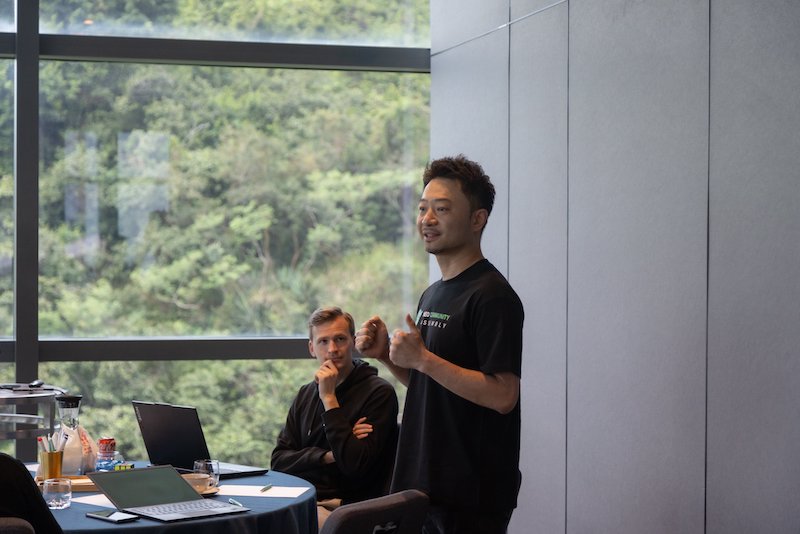
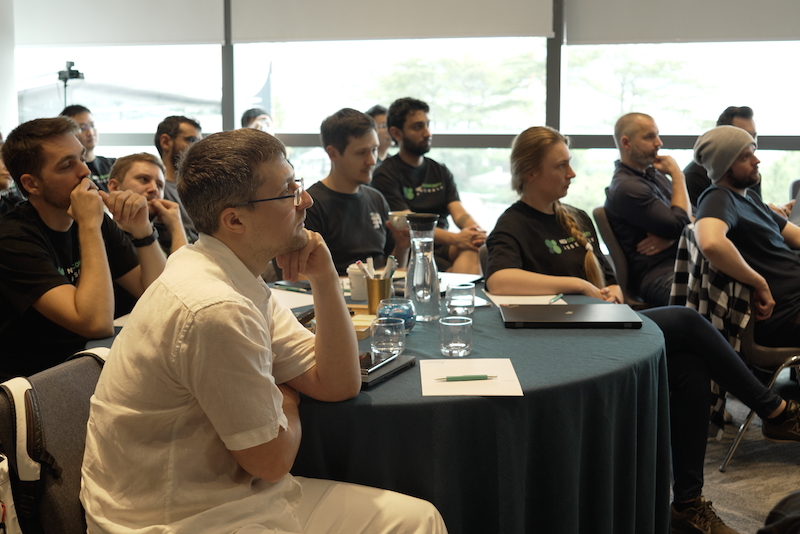
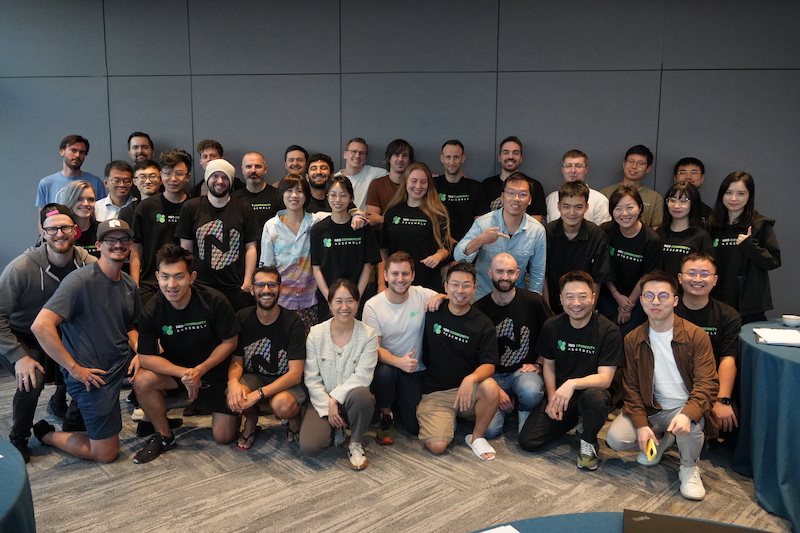





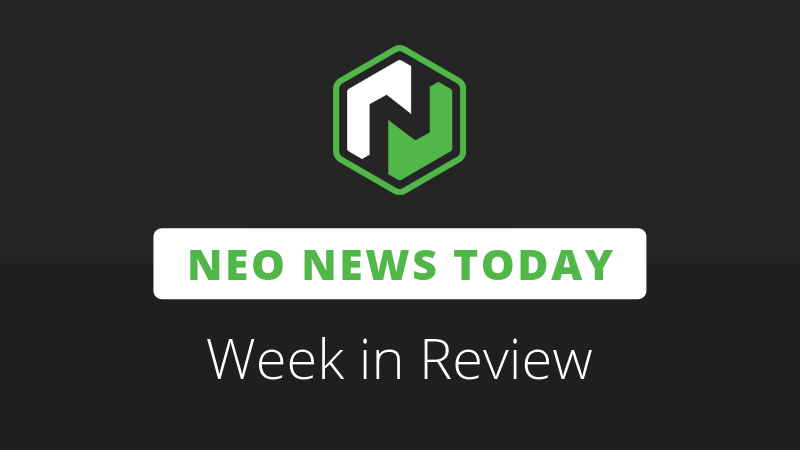
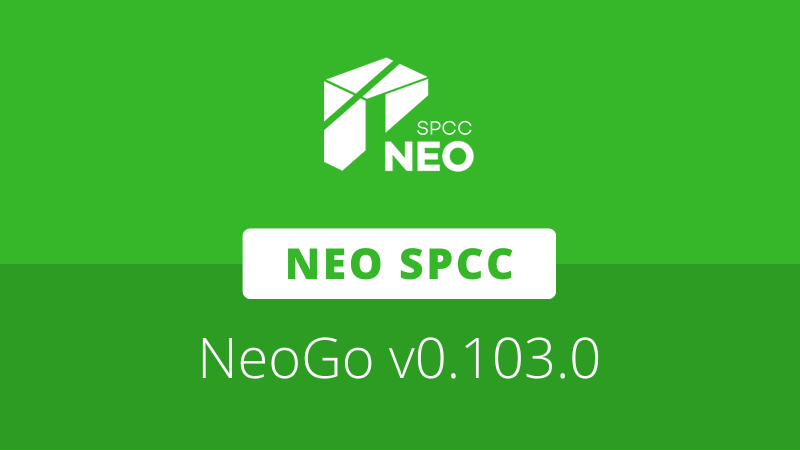
About The Author: Dylan Grabowski
Dylan is a reformed urban planner with a passion for covering the Neo ecosystem. His objective as a writer for Neo News Today is to report news in an objective, fact-based, non-sensational manner. When not behind a computer screen, he can be found in the mountains rock climbing. Find Dylan on Twitter (@GrabowskiDylan).
More posts by Dylan Grabowski